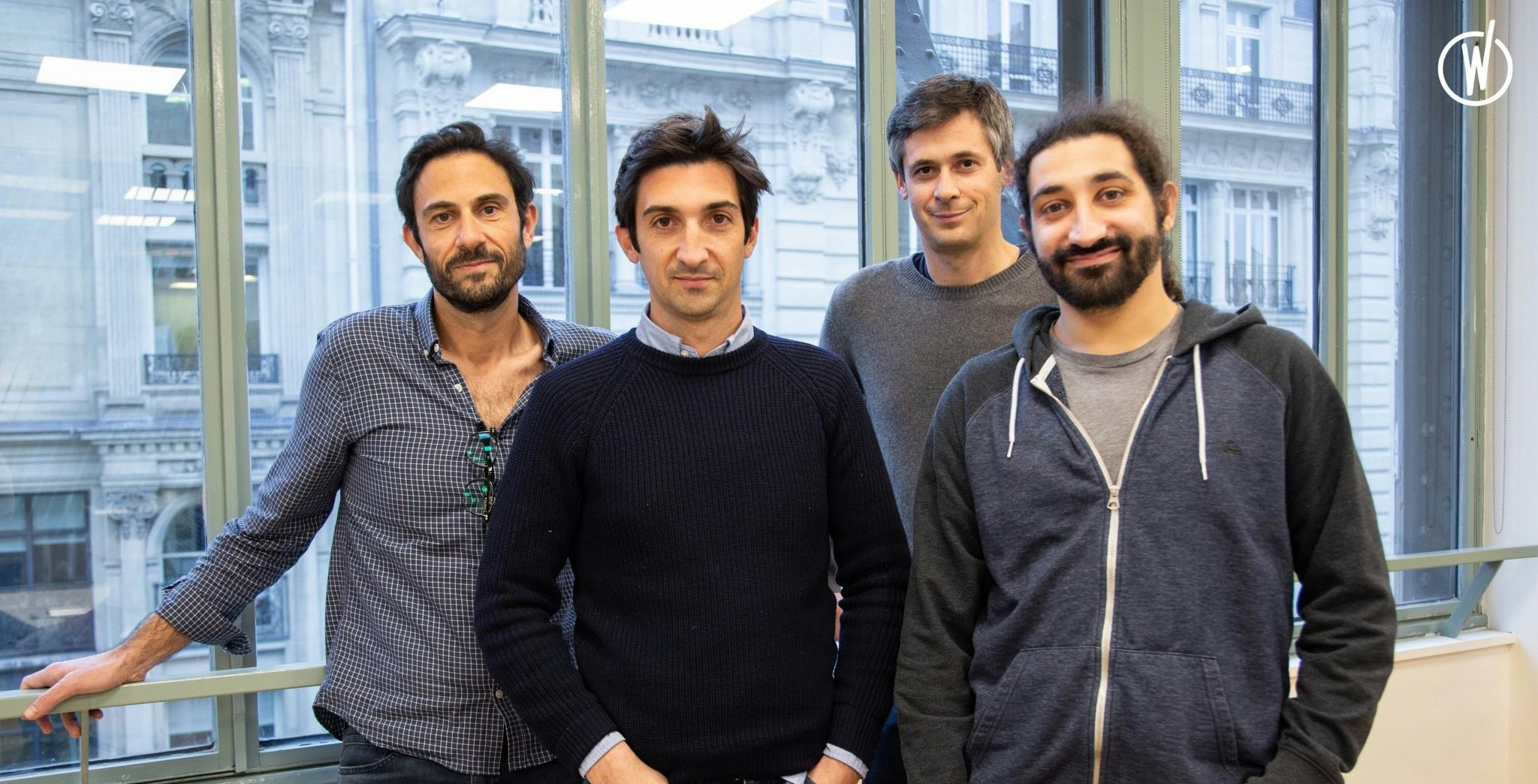Want to spark fear in the heart of a European VC? Say these two words: Tiger Global.
The New York-based firm known for its splash-the-cash, aggressive investment style now has Europe in its crosshairs, pushing up already elevated valuations, challenging less nimble investors and wooing founders.
So far this year, Tiger’s invested in 16 European startups, which are together worth an estimated €69.6bn, according to Dealroom data.
That’s a huge step up. At the start of 2021, the company had made just six investments in Europe, in companies worth an estimated total €3.2bn. Its recent shopping spree has brought the total European companies in its portfolio to 22, with a total estimated value of €72.7bn.
Tiger’s big push into Europe comes at a time when European VCs are feeling more competitive pressure from international VCs doing deals and hiring investment team members on the continent.
European VCs say that they’ve submitted term sheets to European founders only to find that they have been pre-empted by Tiger Global, at a valuation far beyond what they were willing to pay.
Europe is still a small part of Tiger’s investment strategy, however. The firm has done 129 deals worldwide so far this year (that’s nearly one every day), largely focused on the US, China and India. Tiger still doesn’t have anyone on the ground in Europe.
The most recent companies to receive Tiger’s backing in Europe are French marketplace Ankorstore and presentation software company Pitch.
The strategy
Tiger’s got $65bn in assets under management, $40bn of which is earmarked for private equity and venture investment. It is known for investments in companies such as Peloton, JD.com and Meituan.
Tiger’s also known for moving quickly through diligence and term sheet issuance, closing deals sometimes in a matter of days. Unlike most VC firms, the firm never takes board seats or control positions in the companies it invests in and it’s relatively uninvolved with companies post-investment: a lot of its portfolio support is outsourced to consulting firms such as Bain & Company.
VCs and founders say the firm has likely set its sights on Europe now because the continent has proved it can produce large successes such as Spotify and UiPath. Such deals have been extremely profitable for investors.
Why work with Tiger?
For many European founders, a Tiger cheque provides strong validation.
Conor McCarthy at food ordering app Flipdish, which raised a €40m funding round from Tiger in February, told Sifted at the time that he was introduced to the firm by another VC. They ultimately decided to raise the entire round from Tiger.
“Tiger offers everything we need. The fund’s there with us through future progress, no need [for new relationships] I suppose. It’s easier and quicker for us,” McCarthy said.
“I liked that they know a lot about this industry, know a lot about our competitors, and would have looked at other companies in the same space. The fact they chose us was a good sign because they are pretty well placed to know who is bringing value to their customers.”
There can be downsides for founders, however. While big capital infusions can supercharge growth, it also means that founders will be on the hook to justify high valuations later on. Some founders say that they weren’t planning to raise as much until Tiger presented them with a bigger cheque.
What about VCs? Pär-Jörgen Pärson, general partner at Northzone, says the presence of global investors such as Tiger "is a vote of confidence for the strength and potential of European startups."
Tiger is an investor in two of Northzone's portfolio companies, Spring Health and Hopin.
Pärson says that Tiger's top-down approach to investment — building a thesis about an industry and then betting on specific companies in that industry — makes for a "great partnership" with earlier stage funds such as Northzone who take a more active role in their portfolio companies and serve on boards.
Tiger's "is a very effective strategy at the late stage, but it’s not always the right answer in the early stage phase, where you need a degree of open-mindedness/flexibility and can't always predict the business category before entrepreneurs shape them," he says. "Making illiquid investments with minimal due diligence and zero concern for governance is not a formula for long-term investment success." Some investors are more skeptical. "Investors like Tiger Global appear and disappear in every cycle, illustrating the oldest line in the book of financial markets: 'Everyone’s a genius in a bull market'," wrote veteran VC Bill Janeway earlier this year. "I have no idea what Tiger Global’s returns are, but this much I know: making illiquid investments with minimal due diligence and zero concern for governance is not a formula for long-term investment success."
The European portfolio
Out of the 103 unicorns Tiger’s backed, 10 of them are based in Europe. They are Mambu, Checkout.com, Rapyd, Wolt, UiPath, Snyk, Vestiaire Collective, Hopin, MessageBird and Flaschenpost.
Aside from the unicorns, Tiger’s funded Flipdish, JOKR, SaltPay, Contractbook, Bryter, Ankorstore and Pitch so far this year.
Since 2015, Tiger’s also funded Katapult, Harbr, Cowboy, Workvivo and Ivalua, as well as Flaschenpost. The firm has already seen results: Flaschenpost was acquired by Oetker Group in 2020 for €1bn, and UiPath’s recent IPO was one of the largest software IPOs in the US ever.
Chasing unicorns
On a global scale, Tiger now has more unicorn companies in its portfolio than any other VC firm, having backed over 103 unicorns. In second place is SoftBank, which has backed 69, followed by Tencent Holdings with 58.
Tiger also leads on the number of deals to unicorns, with 180.
But it's investor efficiency into unicorns where Tiger falls behind. To get the best returns, investors need to put money in at an early stage.
Tiger backed about 9% of its unicorns at an early stage, compared to the most efficient unicorn investor, Accel, which backed 52% of its unicorns early on.



